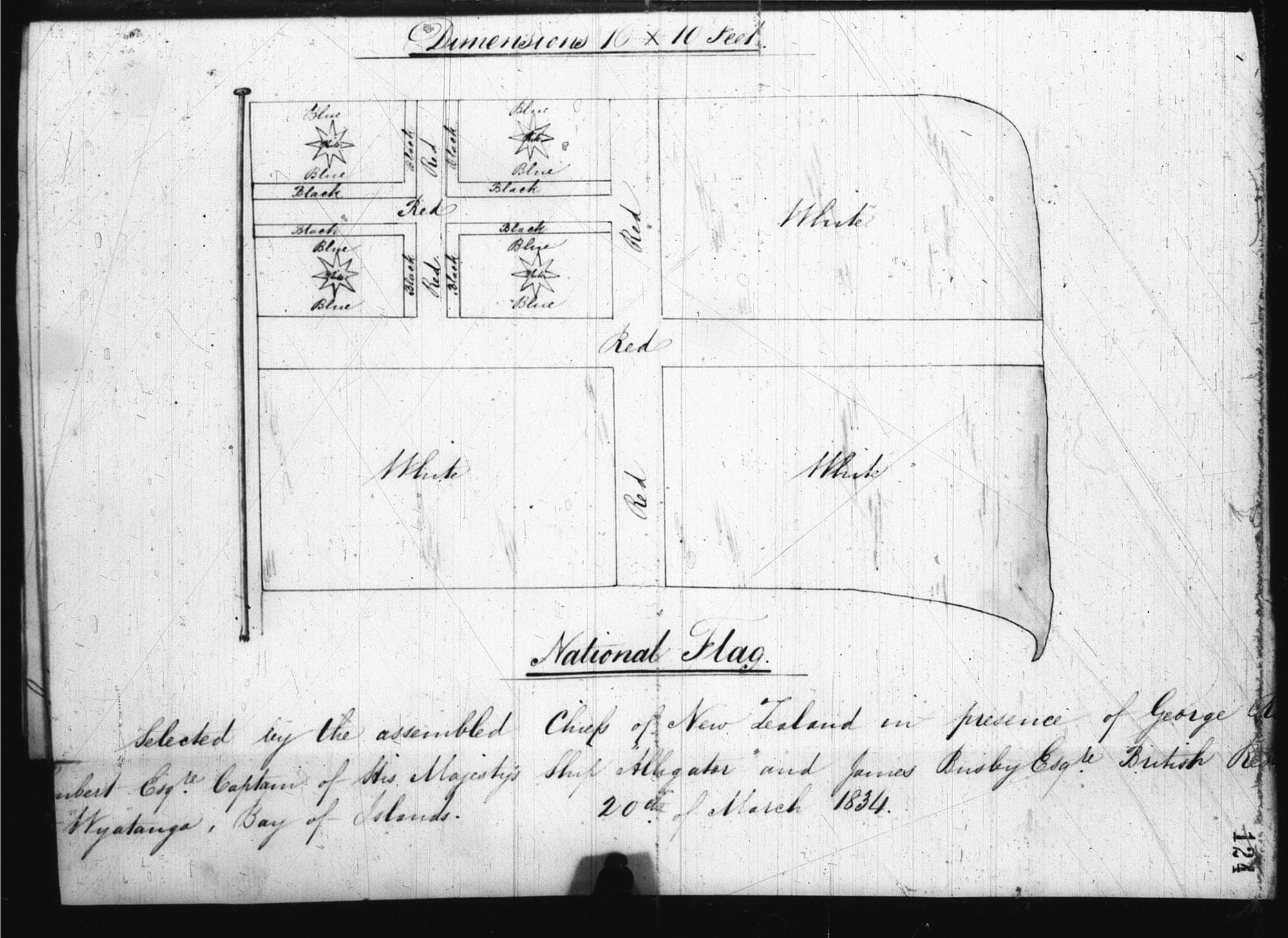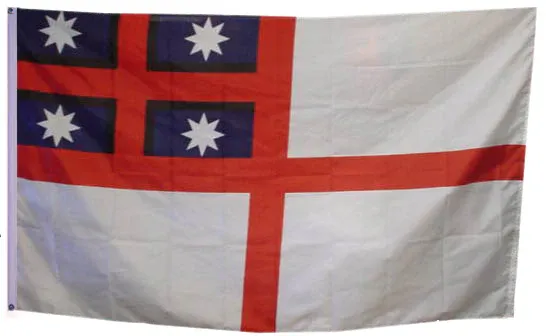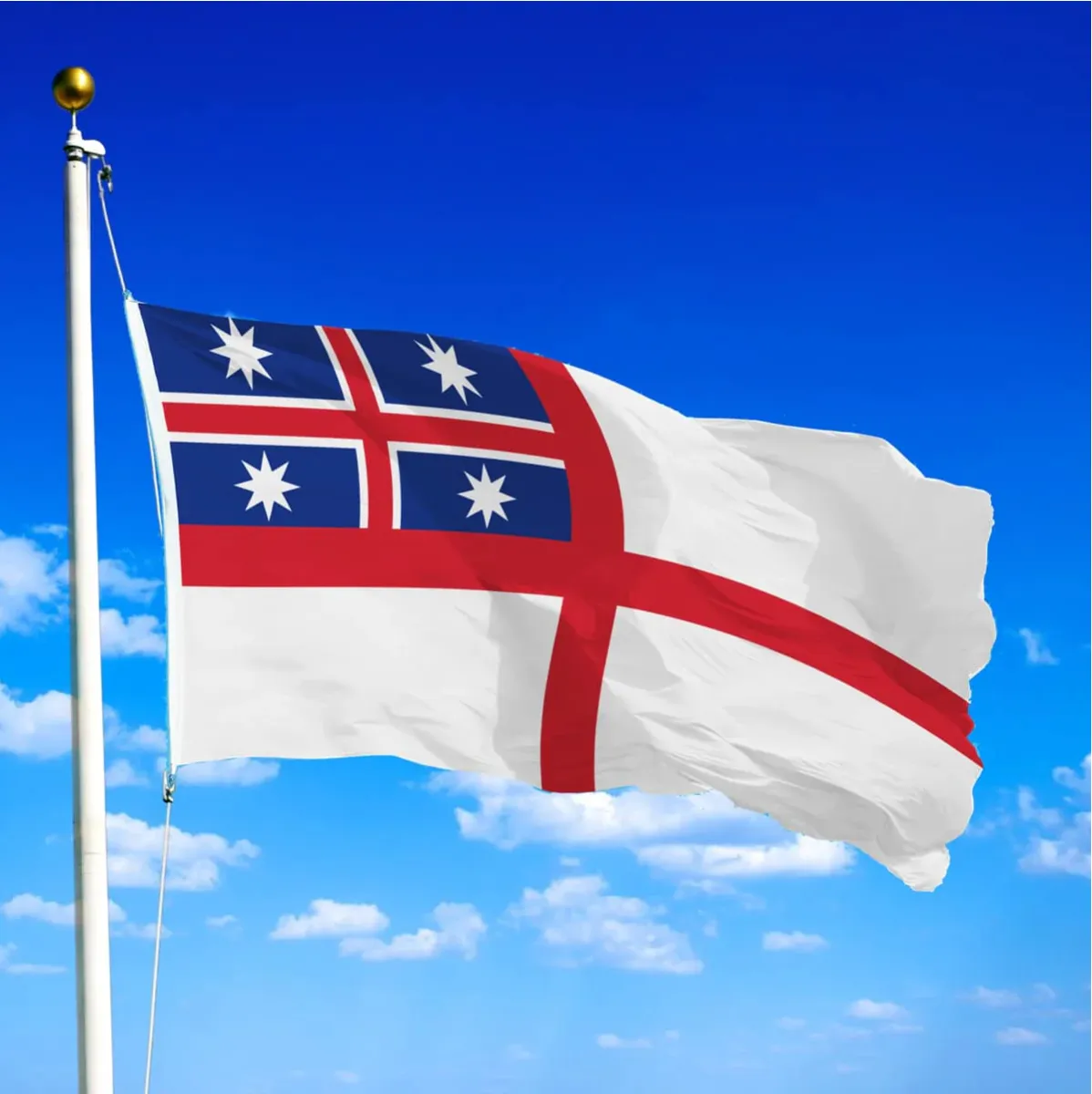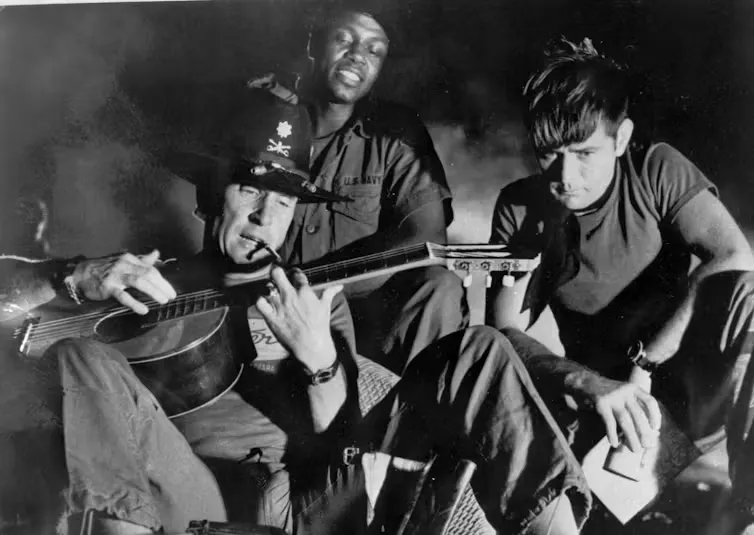Table of Contents
Tani Newton
For every good thing, they say, the devil has a malicious counterfeit. That was what came to my mind when I heard of the Maori Party’s “Declaration of Independence” and their plans to establish a Maori Parliament.
We should all know that New Zealand has a declaration of independence, arguably our most important constitutional document. Although the history of this is somewhat sketchy, the Maori chiefs were meeting in Waitangi through the 1830s and attempting to establish a federal government, without complete success, as many tribes refused to put aside their differences and join them. The Chiefs of the United Tribes had adopted a flag, designed by the missionaries and formally recognised by King William IV, which is still New Zealand’s official trading flag.

With the help of the British Resident, they issued their Declaration of Independence (He Whakaputanga) in October 1835, to secure New Zealand as a sovereign independent nation. Nevertheless, the threat of foreign takeover was looming and by 1840 they had decided to make a choice before the choice was made for them.
And so we have the Treaty, which ceded sovereignty in English and didn’t cede it in Maori, signed in one or the other language by many but not all of the chiefs, some of whom spoke one language and some two. It’s all a bit, you know, but that’s history for you, it’s never perfect. And language can never be entirely free of ambiguity.
New Zealand came under British rule and inherited the matchless benefits of English law because that is the choice that was made by a sovereign free people.
Yet New Zealand law still provided for the Maori tribes to administer their own affairs in isolated areas if they chose to do so, and this continued until well into the 20th century. And the chiefs continued to meet at Waitangi from time to time until they finally got tired of it.
The threat to nations today is that of globalisation and takeover by the global world powers. And so, early this century, the Wakaminenga – the Maori Parliament – began to meet again at Waitangi, with the vision of upholding New Zealand’s freedom and sovereignty, not now as a Maori jurisdiction, but as one nation for all of its people.
I’ll be back with more on this, but for now, let it be said that the Wakaminenga is New Zealand’s original and genuine Parliament in my opinion.








